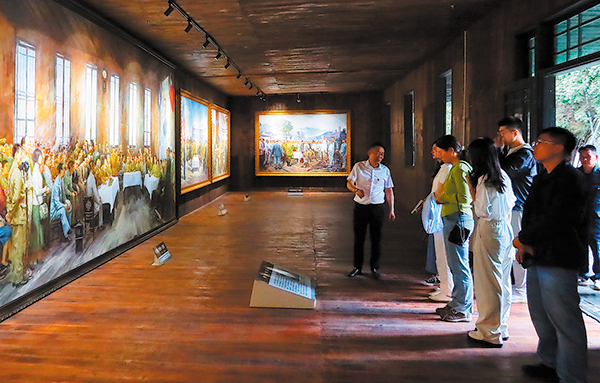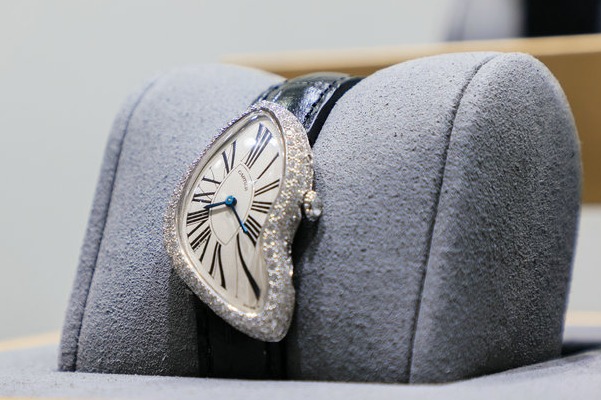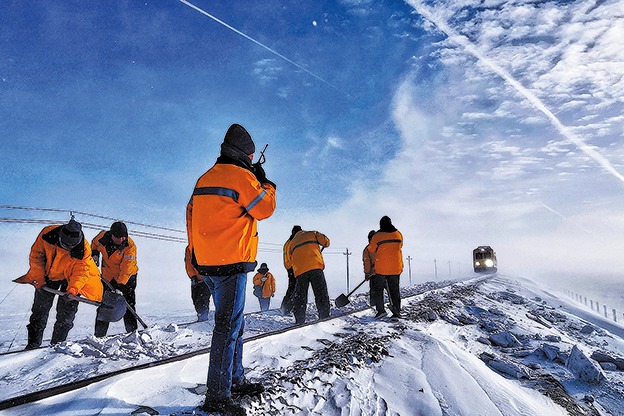Victory etched in time
A memorial complex is upgrading its displays for a better understanding of the War of Resistance Against Japanese Aggression on its 80th anniversary, Wang Ru reports in Huaihua, Hunan.


"Our complex is of worldwide significance, as it symbolizes the victory of the World Anti-Fascist War in the eastern battlefield," says Wu.
Behind the growth of the complex is Wu, who started working for it in 1987, when he was only 21. Initially a handyman, then a tour guide, finally director of the complex, he has devoted 38 years to it.
With continuous efforts, he has collected a large number of photos, paper materials and cultural relics related to the historical event and displayed them in the memorial halls so that visitors can better understand the history.
"A memorial hall without a rich collection of artifacts lacks a solid foundation, deep historical heritage, and consequently, vitality and persuasiveness," says Wu.
He is especially impressed by his interactions with descendants of General Xiao Yisu, who participated in the Zhijiang surrender as a delegate from the Chinese side. "In 1992 when I was a tour guide at the complex, I came to know from a veteran from Taiwan the address of Xiao's family in Taipei. Then since 1993, I sent letters, introductions of our memorial halls and my contact cards to the address during festivals, but didn't receive any reply in 10 years," says Wu.
"In 2003, I suddenly received a call from the United States, the caller introducing himself as Xiao Huilin, Xiao Yisu's son. The letters I sent to Taiwan were finally received by his family in the US. He said his family members were moved by my persistence and decided to donate some belongings of Xiao Yisu to our hall," he adds.
Since 2004, the nine sons and daughters of Xiao Yisu traveled to Zhijiang and donated more than 400 articles, including his photos, certificates, clothes, manuscripts and medals, among which nine were later recognized as first-grade cultural relics in China.




































